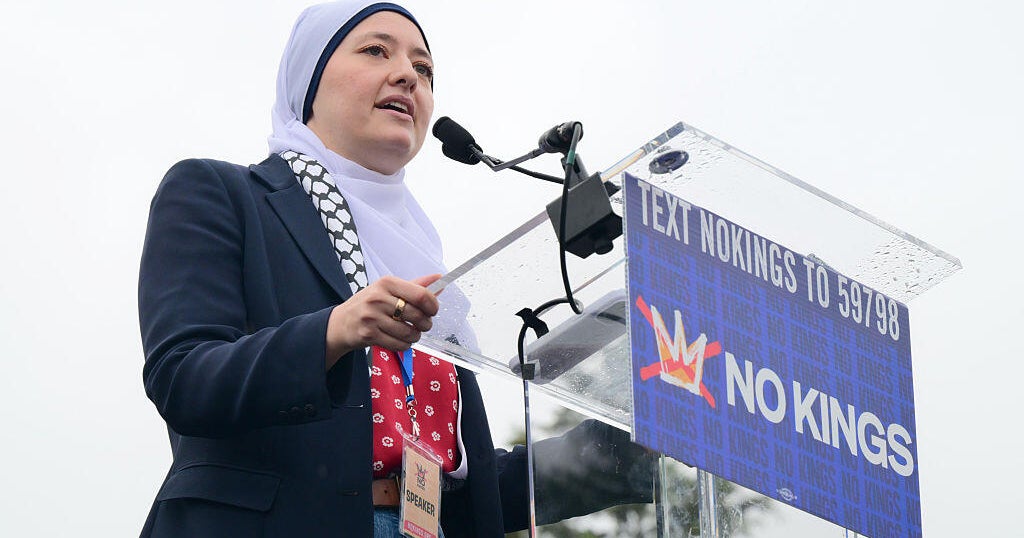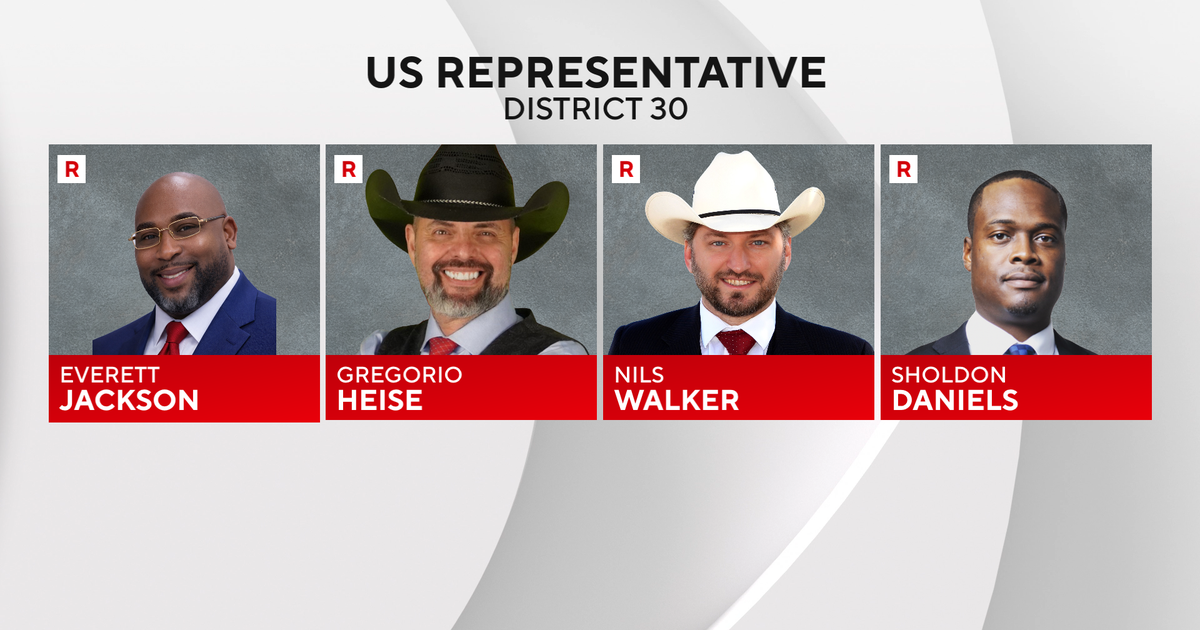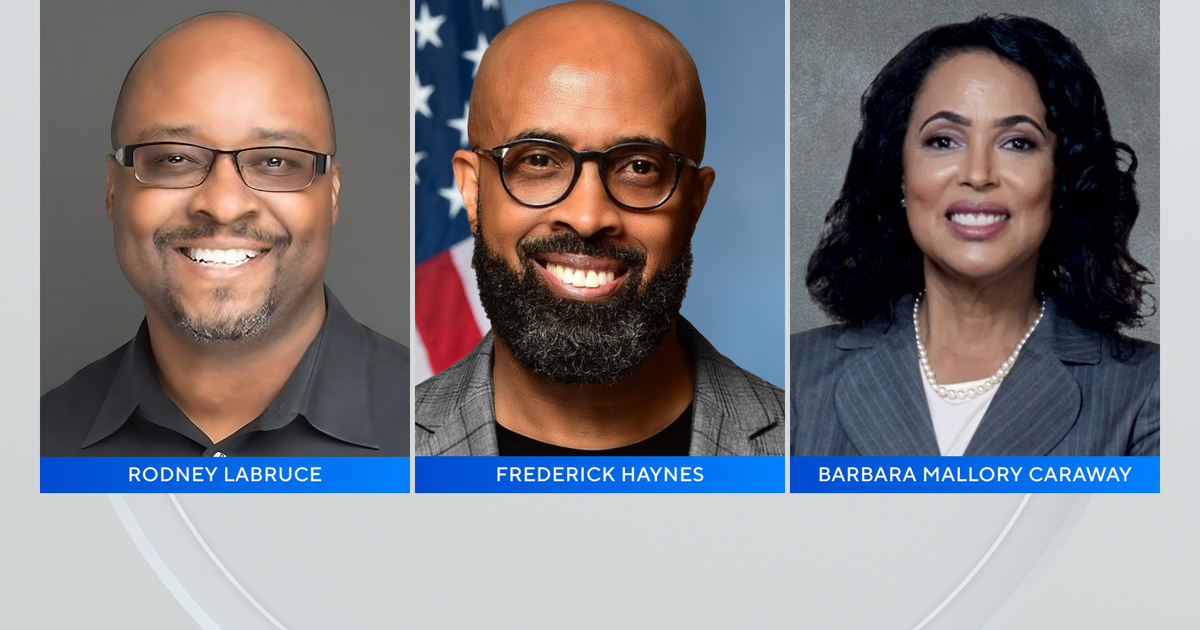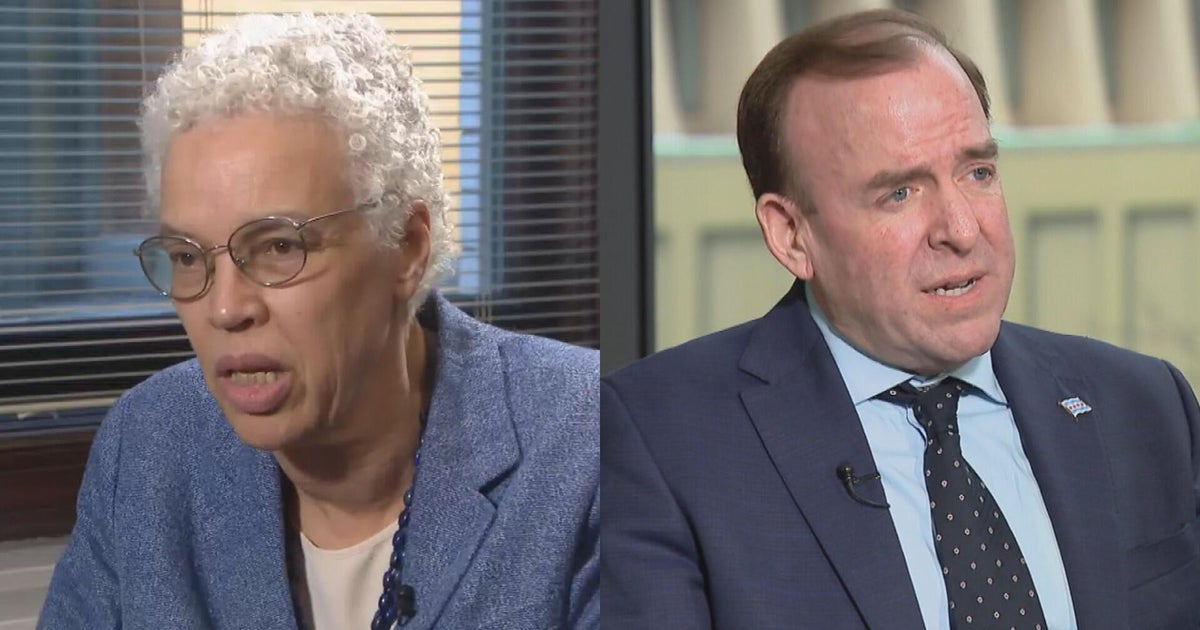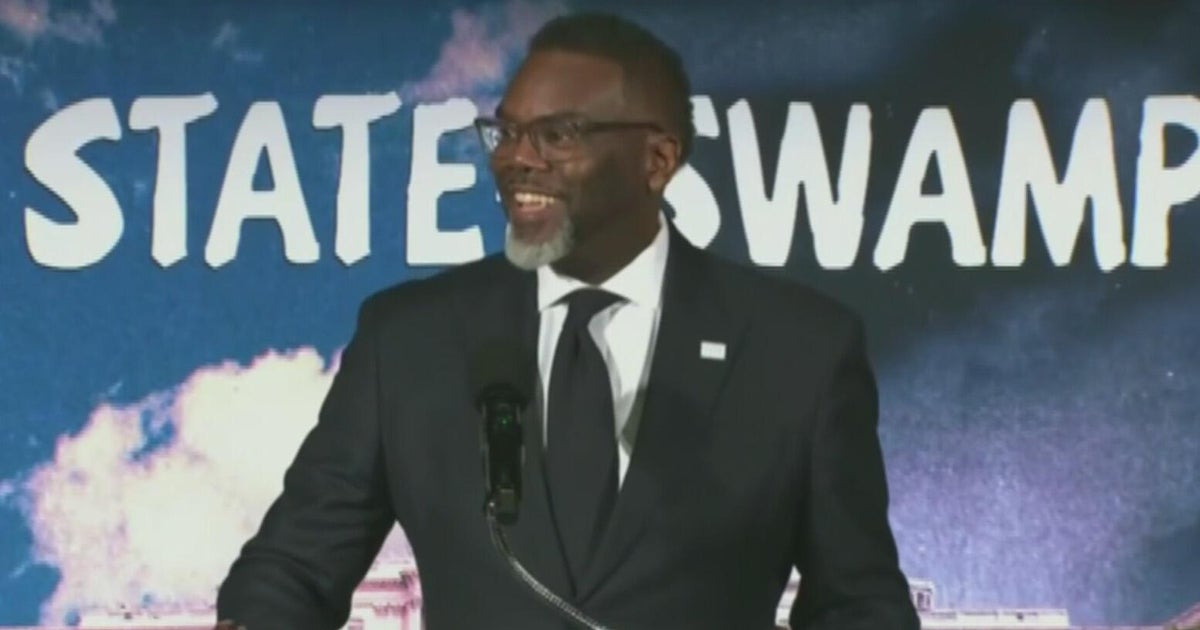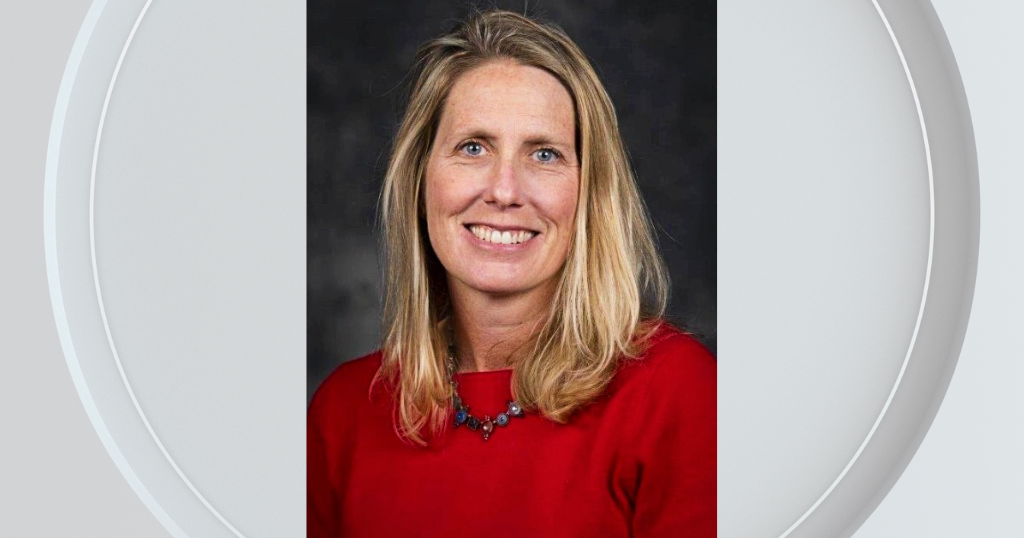Crist Wages Populist Campaign For Fla. Governor
MIAMI (CBSMiami/AP) — Former GOP Gov. Charlie Crist appears to be mounting a campaign showing his hard left turn.
Democratic leaders rejoiced at the prospect of a pragmatic candidate for 2014 who could win back centrist Republicans and independent voters who had soured on incumbent Rick Scott.
As Crist's campaign takes shape, it seems to be evolving much differently than some people first thought.
He has embraced President Barack Obama's health care law even as many Democrats distancing themselves from it. He supports efforts to legalize medical marijuana and to overturn the gay marriage ban he initially backed. He has called for an increase in the minimum wage, something he once voted against.
"Tallahassee is out of control," he told hundreds of supporters in declaring his candidacy. "The voice of the people has been silenced by the financial bullies and the special interests."
In seizing on the issues and rhetoric animating activists, Crist has made his populist campaign in the nation's largest swing state a critical test case of whether his new party's ascendant liberal wing is gaining momentum or overreaching. His appeals to economic populism could be particularly potent, with Florida voters identifying the economy as their chief concern this year.
Still, Crist's approach concerns some Democrats.
Matt Bennett, a co-founder of the centrist Democratic group Third Way, warned that "us-versus-them, people-versus-powerful rhetoric" could hurt Democrats in the most contested states.
"That will work with a slice of the base, but that will not resonate with the kind of swing voters you need to prevail in places like Florida," he said. Democrats "need to talk about a much broader set of ideas to create opportunity."
Nationally, Democrats are fighting to reshape the party after a devastating recession and amid a growing income gap.
Liberals such as Massachusetts Sen. Elizabeth Warren favor an aggressive populist approach over the centrist economic strategy that President Bill Clinton used to revive a moribund party two decades ago. Democratic gubernatorial candidates in at least six states, including Florida, are making a minimum-wage increase a centerpiece of their campaigns.
Republicans say such moves jeopardize economic gains in a fragile recovery. They would streamline regulations and provide training and education initiatives benefiting the private sector.
"When I hear a politician say that we have to raise the minimum wage so working families can make ends meet, I cringe, because I know that statement is a lie," Scott told the Tampa Bay Times last month. "Even if we did raise the minimum wage, working families will still not be able to make ends meet on those jobs. We need good jobs that lead to good careers for our families and that's what I am focused on."
Scott argues that his spending reductions, tax cuts and regulatory overhauls have built an "opportunity economy" by luring businesses to the state and helping create hundreds of thousands of jobs. His latest budget proposal includes nearly $600 million in additional tax cuts, many of them aimed at consumers, including a rollback of auto registrations fees that were raised under Crist, governor from 2007 to 2011.
An overwhelming majority of Floridians say they generally are satisfied with their own personal financial situations. But their optimism hasn't translated into strong confidence in the state's economy or Scott.
Even as Florida outpaces the national recovery, just 38 percent believe the economy is getting better — the same percentage that thinks Scott deserves a second term, according to a Quinnipiac University survey last month.
"Right now, we're teetering between moving forward and stagnating," said Justo Jay, a 58-year-old insurance salesman from Miami and an unaffiliated voter. "I don't believe in handouts, but the divide is getting bigger between the haves and have-nots."
Crist, who ran as an independent in the U.S. Senate election in 2010 that sent Republican Marco Rubio to Washington, hopes to tap into that sentiment.
"The people in the middle and those working hard to get there desperately need some relief," Crist wrote in his new memoir, "The Party's Over," which details his political conversions. "We have always been a nation that rewards hard work and enterprise. I believe in that. But we have to strike a better balance between the strivers and the already-haves."
Crist's platform also helps him boost his standing with skeptical activists in his new party and endears him to wealthy Democratic donors.
But some voters aren't as sold on that kind of economic populism.
"It's a very tricky subject," said Ramdesh Kaur, a 38-year-old small-business owner from Miami Beach who's a self-described independent voter. "You want people to have a drive and not hang on to the free stuff they get. But I would also like to see some options for the poor."
Crist's focus on economic populism and social issues is significant. There is a sense among Democrats that the political center has shifted to the left.
Recent polling shows that legalizing medical marijuana and raising the minimum wage enjoy wide support across the political spectrum in Florida. Public surveys also suggest that voters are more supportive of gay marriage since they backed a statewide ban in 2008.
"Some of these issues that were considered way out there five years ago, they're not now," said Ana Cruz, a Democratic strategist and a former executive director of the Florida Democratic Party. "I think the country has refocused on the things that are really important to them and it's not who you sleep with and it's not what you smoke."
(TM and © Copyright 2014 CBS Radio Inc. and its relevant subsidiaries. CBS RADIO and EYE Logo TM and Copyright 2013 CBS Broadcasting Inc. Used under license. All Rights Reserved. This material may not be published, broadcast, rewritten, or redistributed. The Associated Press contributed to this report.)
